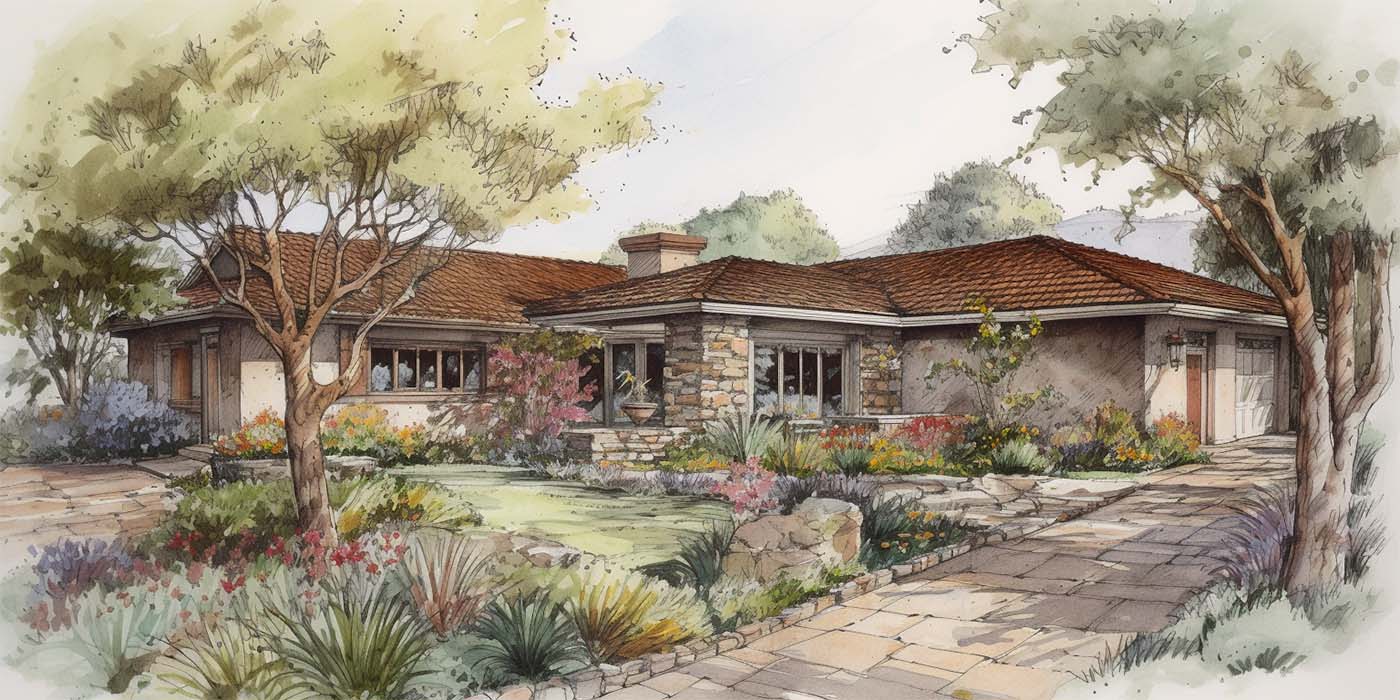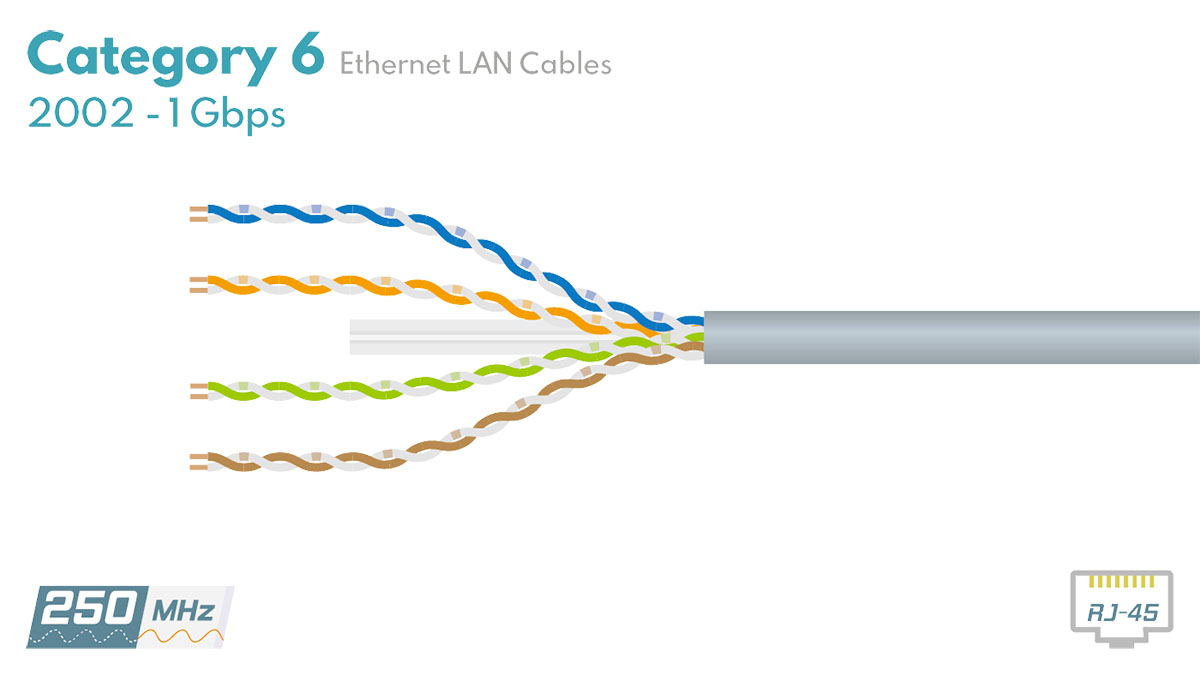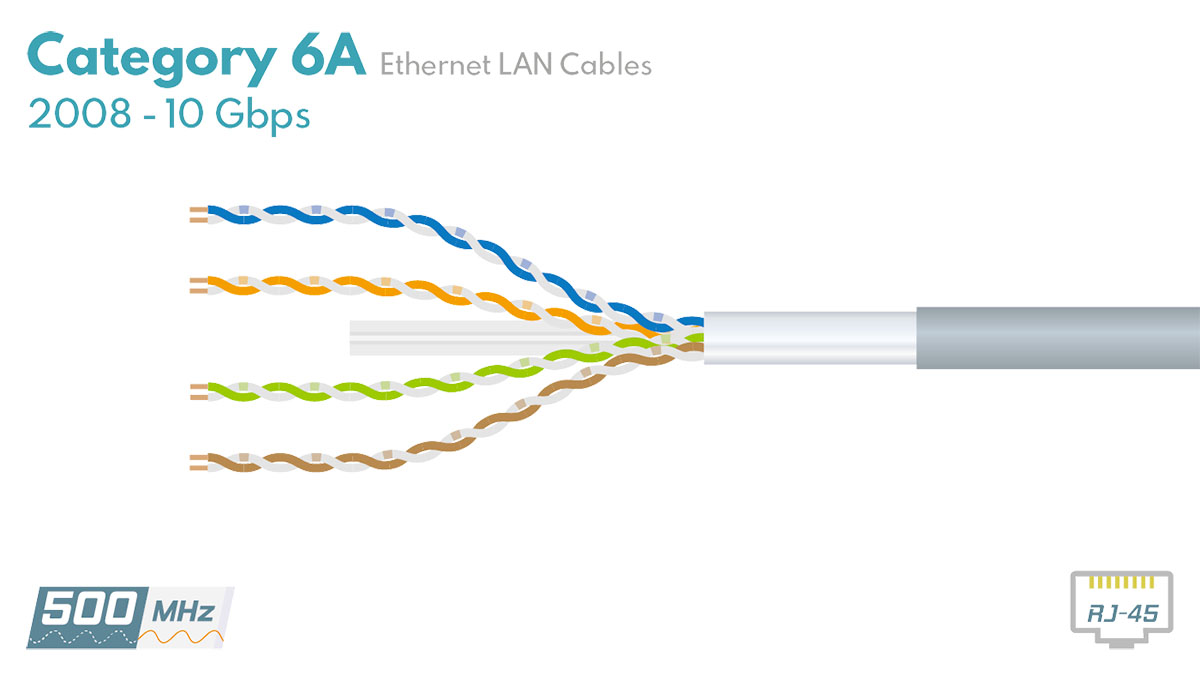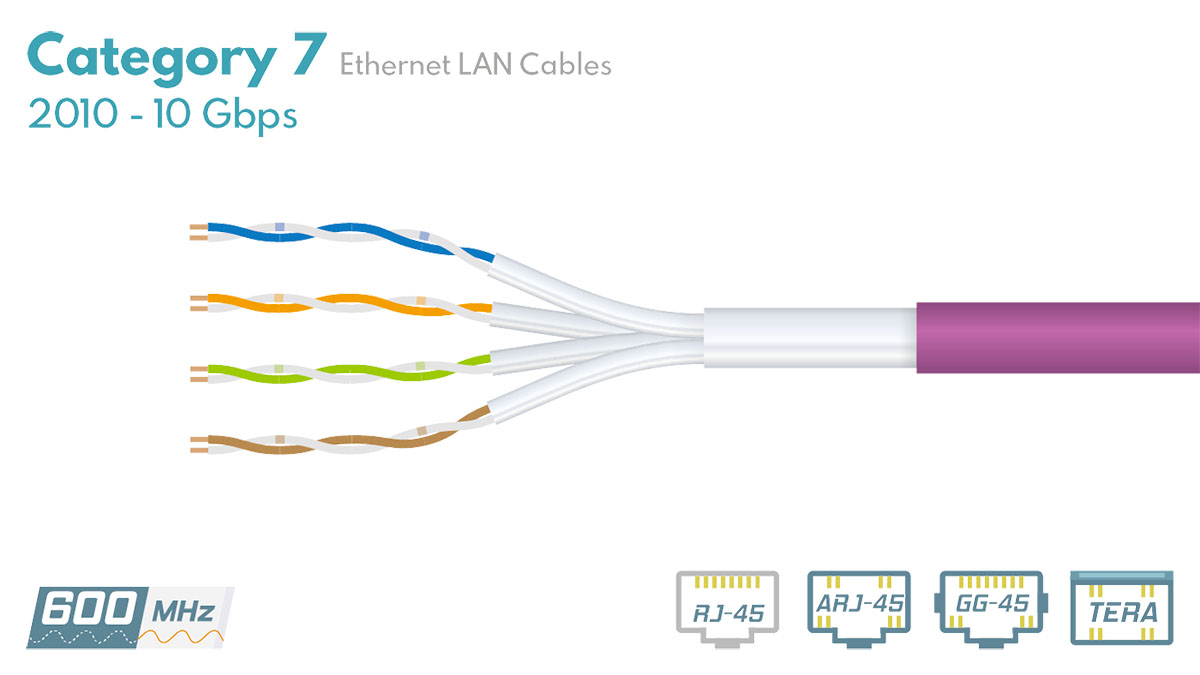
Choosing the Right Ethernet Cable for Your House Wiring
In today's digital age, prewiring your house with the right Ethernet cables is crucial to ensure a high-speed, reliable home network. This article will explain the importance of selecting the right cable for your home Ethernet network and compare different cable standards such as Cat 6, Cat 6a, and Cat 7. By the end of this article, you'll have a better understanding of how to choose the right category for your house wiring needs.
Why Choosing the Right Cable Matters for Your Home Ethernet Network
A well-designed home Ethernet network ensures faster internet speeds, better connection quality, and improved reliability. Prewiring your house with the appropriate cable standard is essential to achieving these benefits. The right cable can also future-proof your home network, as newer cable standards offer greater bandwidth and support for emerging technologies.
Comparing Ethernet Cable Standards: Cat 6, Cat 6a, and Cat 7
| Ethernet Cable Category | Maximum Data Rate | Maximum Bandwidth | Maximum Cable Length | Shielding |
|---|---|---|---|---|
| Cat 6 | 10 Gbps | 250 MHz | 150 feet | U/FTP |
| Cat 6a | 10 Gbps | 500 MHz | 300 feet | F/FTP |
| Cat 7 | 10 Gbps | 600 MHz | 300 feet | S/FTP |
Cat 6 Ethernet Cables

Cat 6 cables are an upgrade from the older Cat 5e standard, offering better performance and reduced crosstalk. They support up to 10 Gbps data rates and 250 MHz bandwidth over distances of up to 150 feet. Cat 6 cables are typically shielded with an unshielded twisted pair (U/FTP) design.
Cat 6a Ethernet Cables

Cat 6a cables offer an even greater performance improvement over Cat 6 cables. They support 10 Gbps data rates and 500 MHz bandwidth over distances of up to 300 feet, making them an excellent choice for future-proofing your home Ethernet network. Cat 6a cables feature a foiled twisted pair (F/FTP) design for better shielding.
Cat 7 Ethernet Cables

Cat 7 cables are the latest standard, providing the best performance and shielding. They support 10 Gbps data rates and 600 MHz bandwidth over distances of up to 300 feet. Cat 7 cables use a shielded twisted pair (S/FTP) design, offering superior protection against interference and crosstalk.
How to Choose the Right Category for Your House Wiring
When selecting the right category for your house wiring, consider the following factors:
-
Current and future speed requirements: Evaluate your current internet speed and consider any future upgrades you may need. Cat 6a and Cat 7 cables are ideal for future-proofing your home network, as they support higher speeds and bandwidths.
-
Cable length: Determine the maximum cable length required for your home Ethernet network. Cat 6a and Cat 7 cables are suitable for longer runs, supporting distances of up to 300 feet.
-
Budget: While Cat 7 cables offer the best performance, they can be more expensive than Cat 6 or Cat 6a cables. Consider your budget when choosing the right cable standard for your prewiring project.
-
Compatibility: Ensure that the devices and components in your home network are compatible with the chosen cable standard.
Expert Wiring
If you're still unsure about the best Ethernet cable standard for your house wiring project or need professional assistance, don't hesitate to contact us. Our team of experienced technicians is always ready to help you make the right decision and ensure that your home Ethernet network is set up for success. With our expertise and commitment to customer satisfaction, you can trust YesTechie Company to guide you through every step of your prewiring project, from selecting the right cable category to final installation. Reach out to us today and let us help you create a reliable, high-speed home network that meets your needs now and in the future.


